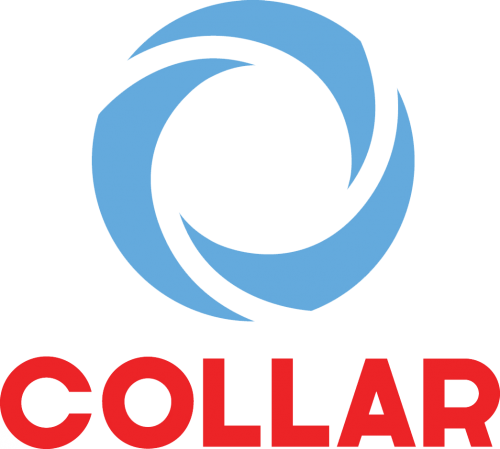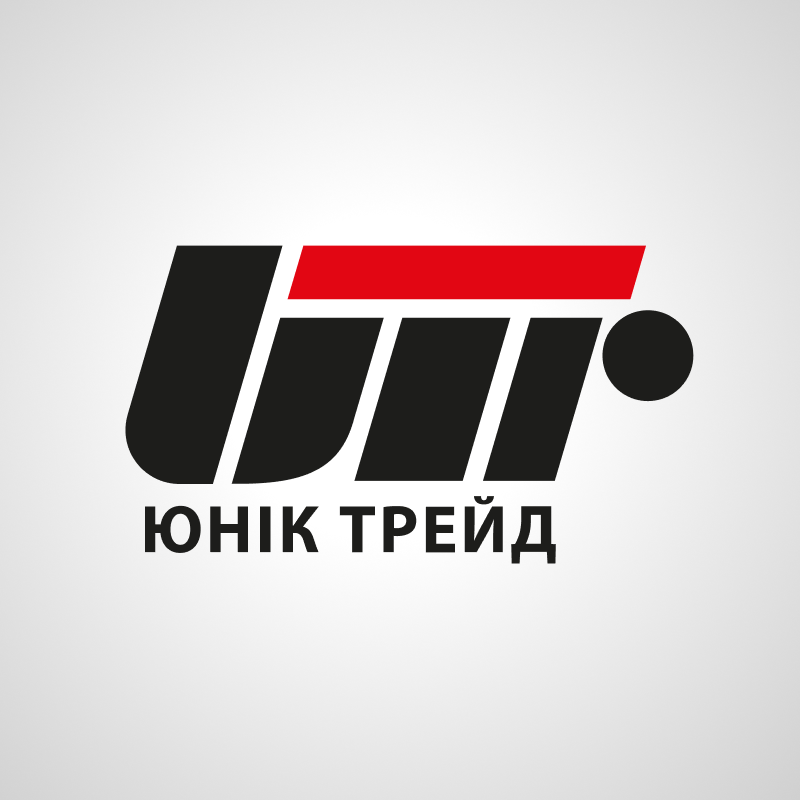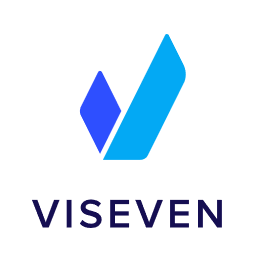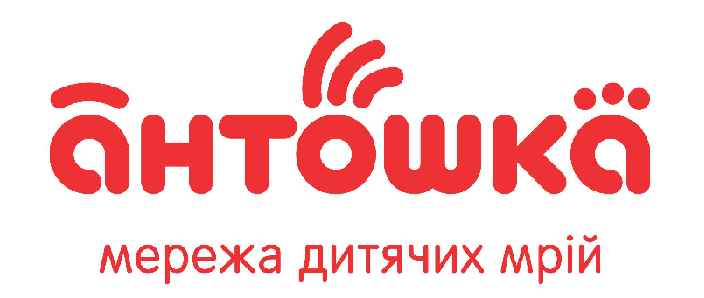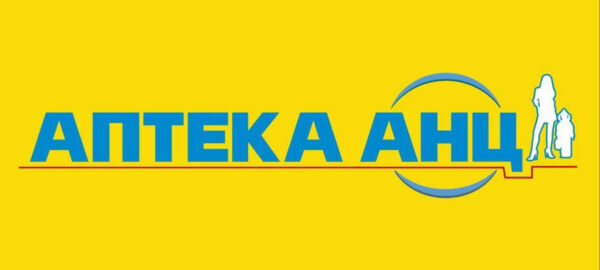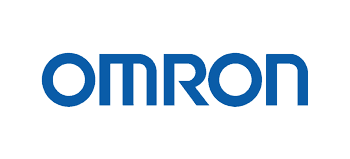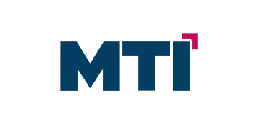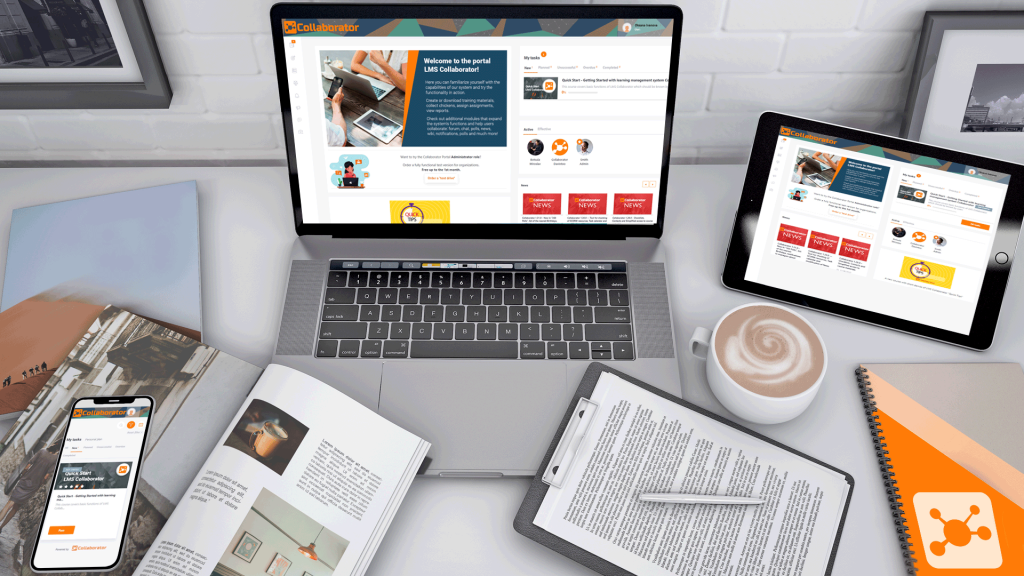

LMS Collaborator is a multifunctional web platform for automation of adaptation, training, attestation and development of personnel in companies with flexible integration capabilities. LMS Collaborator platform was created in 2013 by a Ukrainian team of developers. Its aim is to create a technically up-to-date alternative to the existing distance learning systems in companies and organizations.
LMS Collaborator efficiently works on all modern devices and browsers and does not depend on user’s software environment. The system is based on REST API methodology, which allows for fast, flexible and conflict-free integration into any information ecosystem.
We focus on the use of the platform for adult education and are constantly adjusting the development to meet the current needs of companies.
LMS Collaborator is also called a distance learning system, which reflects only one side of its application. On the other hand, Collaborator is a system of automatic formation of the company’s Knowledge Base, which grows and is filled with resources in the process of learning.

The main page of the portal contains various information blocks: the list of tasks, active users, the news feed, and announcements. Each block has its own personal settings. In addition, you can customize the arrangement of blocks personally for each role on the portal.
Numerous additional modules expand the functions of the system and promote user cooperation: task tracker, forum, chat, assessment, checklists, learning paths, wiki-encyclopedia, surveys and many others.
There is also an internal side of the system – data collection. LMS Collaborator captures users’ actions on the portal, their activity during training and interaction with each other. The data is collected in separate reports that can be easily analyzed and uploaded to Excel.

LMS Collaborator has already successfully proven itself and is used by many companies. Among them are ACINO, Kernel, ROSHEN, SOCAR, Brocard, JoinUp, ANC and others.
The ideology of learning organization
The main purpose of the Collaborator platform is the introduction and automation of corporate e-learning.

The training process is based on the principle of learning by doing. Each employee receives a list of training tasks that must be completed. For example, taking a training course or training program, completing a test, completing a survey, and so on. Tasks are created on the basis of any training resource of the system.
Each task can be accompanied by a badge or certificate, which the employee can receive after successfully completing the training.

Training materials and resources
In LMS Collaborator educational information is presented in the form of resources – images, video, audio, text files of different formats, SCORM module, etc. You can import ready-made resources or create new ones. Besides resources there is also interactive content: tests, polls, checklists, workshops, webinars, meetups. All of this can be used repeatedly in different tasks and with different parameters, combined into simple courses or complex training programs.
LMS Collaborator contains built-in tools for creating, converting and editing resources, tests and surveys. Audio and video files are automatically converted to a format that works in all browsers and on all devices. MS Power Point or PDF presentations are converted to web format, and MS Word and Google Docs documents are converted to web page, etc.
Learning paths
In LMS Collaborator you can form learning paths – a set of learning tasks combined into a single syllabus, in which the rules of automatic assignment of tasks based on the results of previous ones work. The trajectory editor allows you to set a branched path of training assignments and customize the logic of their assignment – to pause between assignments or close access after a set period of time.

Knowledge Base
All material uploaded to the portal in LMS Collaborator automatically goes to the Knowledge Base. These can be various types of resources: links, pdf files, word, excel, epub documents, news published on the portal, forum topics and Wiki pages. Materials can be structured into different categories and access levels can be set up to restrict access for employees of different positions and departments.
You can search materials in the Knowledge Base by keywords – in the resource title and description – or use the # tag. Assigning a tag to resources, increases the speed of finding the necessary information and additional resources related to the request.

Communication tools
In Collaborator, there are many ways to organize communication and communication between users:
- news and announcements;
- notifications about events – email newsletters, messenger messages, pop-up notifications;
- commenting on learning assignments;
- forum discussions;
- surveys and voting;
- setting and discussing work tasks (TaskTracker);
- webinars;
- chat room.
Gamifications
For each completed task the user can get a score ranging from 0 to 100. The administrator can set a different number of points for 100% completion, thus singling out easier and harder tasks. The points received by the user, are accumulated in the training rating, which is displayed in his profile. In addition, there is a calculation of activity points – for each useful action points are awarded: opening the training material, search, commenting.

A badge or certificate in PDF format can be automatically issued for successful completion of the task. You can also import external ratings and achievements.
Reports and user performance monitoring
LMS Collaborator collects and stores detailed information about user activity and learning outcomes. You can find out in real time:
- how the progress of grading by unit is changing;
- at what rate the training materials were reviewed;
- which test questions were the most difficult or easiest for users;
- what portal resources are the most popular;
- what on the portal the user uses most often;
- and much more.
Data warehouse architecture allows you to get reports of any complexity, and built-in filtering tools help you quickly make a selection and analyze the data.

Main technical features
LMS Collaborator is built on the following technologies and concepts: Kubernetes, Javascript, Go, Nginx, Redis, NATS, MySQL, ElasticSearch, HTML, CSS, REST API.
What it provides:
- modern web technologies that allow the Collaborator system to work equally on both desktop computers and mobile devices;
- security of course materials and access paths to the learning portal;
- no need to install additional software on the users’ workstations;
- easy scalability of the solution, high productivity and performance under heavy loads;
- flexible and fast search for information;
- clean, ergonomic and convenient interface;
- flexible integration and data exchange with any information systems.


